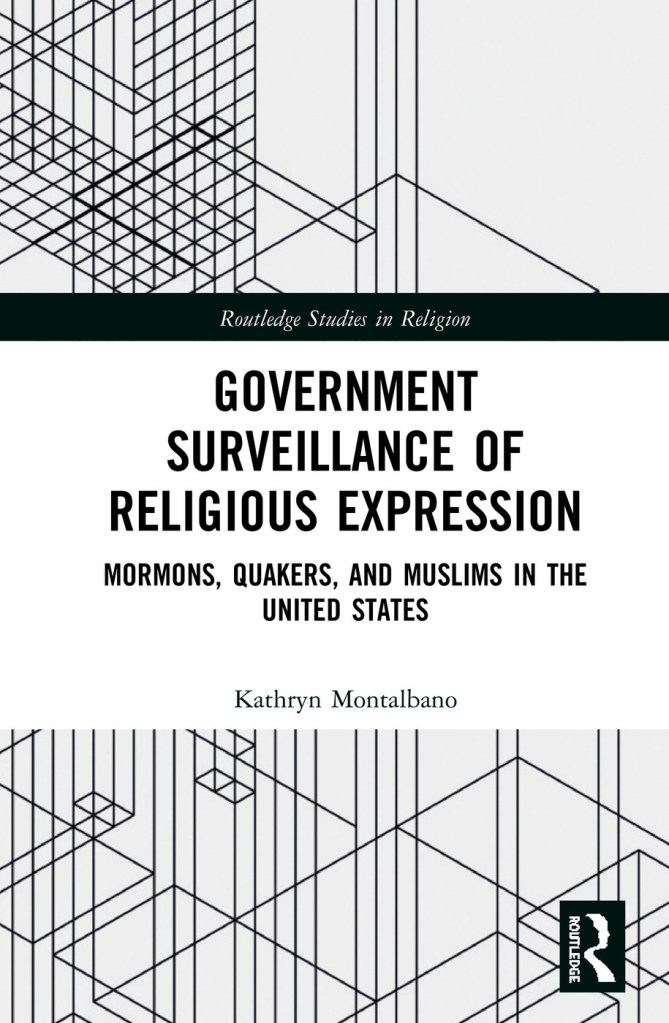I am an assistant professor of media law and ethics and program coordinator of the Scripps Howard First Amendment Center at the University of Kentucky’s School of Journalism and Media in the College of Communication and Information.
I also currently serve as the Research Chair of AEJMC’s Communication Law and Policy Division, Secretary of ICA’s History Division, and Communications Chair of AEJMC’s Religion and Media Interest Group (RMIG).
My research examines how media law and policies shape speech, press, assembly, and religious expression in the United States since the nineteenth century. This multidisciplinary work draws from the fields of history, law, religious studies, sociology, and media studies.
Five themes shape my scholarship: (1) how media history can inform contemporary debates in media law and policy, (2) contemporary content moderation and platform policies, (3) the intersection of media law and sports law, (4) the sociology of news, and (5) religion, media, and politics.

Academic appointment
I am currently an assistant professor of media law and ethics at the University of Kentucky’s School of Journalism and Media in Lexington, Kentucky. I earned my M.A., M.Phil., and Ph.D. in communications from the Columbia University Graduate School of Journalism and Graduate School of Arts and Sciences (2010-2016). I earned my B.A. in English with a minor in sociology from Haverford College (2009). Before teaching at Kentucky, I worked as an assistant professor at Appalachian State University (NC), Young Harris College (GA), and Neumann University (PA).
Book
My first book, Government Surveillance of Religious Expression: Mormons, Quakers, and Muslims in the United States (Routledge, 2018), compares how United States government agencies in the nineteenth, twentieth, and twenty-first centuries monitored and negotiated the identities of three distinctive religious groups within cultural and legal frameworks deeply rooted in Protestant hegemony. Related research on mid-twentieth-century FBI surveillance of the Quaker organization, the American Friends Service Committee (AFSC), appears as a chapter in Making Surveillance States: Transnational Histories (University of Toronto Press, 2019).
Excerpts from reviews of Government Surveillance of Religious Expression

“Government Surveillance of Religious Expression is a meticulously researched and fair-minded examination of the multiple issues that emerge from the intersection of the American value of freedom of religious expression with the state’s concern for social order and safety. Montalbano demonstrates how this conflict becomes exacerbated when the state is dealing with religious movements which are outside the mainstream and hence often grossly misunderstood by law enforcement and surveillance entities. This timely work offers insight and guidance for what is likely to be a continuing issue in a culture where the continuing emergence of new religious movements leads to an ever-changing religious landscape.” – George Adams, Susquehanna University, Nova Religio

“While Montalbano makes her professional home in communication studies, she deftly engages with religious studies scholarship, and scholars such as David Sehat, Saba Mahmood, and Talal Asad richly inform her work. Her book is principally concerned with questions that will resonate with religion scholars investigating issues of secularity, surveillance, and the American state―and scholars of these topics would do well to consider the insights Montalbano offers.” – Michael McLaughlin, Florida State University, Reading Religion

“An important implication, then, of Government Surveillance of Religious Expression lies in its reminder that American society does not necessarily trend toward greater respect for individual rights of conscience, nor that a secular society is free of government-sponsored sectarian prejudice. In fact, with the growth of newer modes of monitoring, accompanying the expansion of new forms of state power generally, Montalbano details how the groundwork has been established for a ‘transnational hegemonic secularism that limits the religious expression’ (p. 160) of the targets of state surveillance.” – Ryan P. Jordan, National University, Quaker Studies
My Research
I have also published on the historical continuity between the opposition of the National Religious Broadcasters (NRB) to the 1949 Fairness Doctrine and the contemporary Open Internet principle, net neutrality; intercultural communication in three thirteenth-century Franciscan friars’ narratives documenting their travels through the Mongol Empire; Islamophobic discourse and misinformation in alternative-right media; tensions in Mississippi Valley news coverage of the 1878 yellow fever epidemic; why the hyperlocal, anonymous platform, Yik Yak, although recently resurrected, died in its original form; content moderation on anonymous social media platforms under the protection of Section 230; how contemporary religion reporters conceptualize their roles in the broader field of journalism; and how they confront the privileging of certain religions over others in their reporting.
Most recently, I have published on: (1) how Reconstruction era press discourse about libel historicizes key contentious debates about Sullivan today; (2) how Kentucky journalists utilize open records and meetings laws to cover rural issues; and (3) the implications of state laws around the country that block public access to NIL deals.
Forthcoming research analyzes how anti-DEI bills and laws around the U.S. might affect media law pedagogy.
Ongoing research traces the historical precedents for safe harbors, providing historical context for contemporary debates over Section 230 and content moderation. Additional works-in-progress examine: (1) a China-U.S. comparison of compelled speech laws and policies that govern religious expression in each country; (2) the potential ramifications for the lack of AI regulation in the United States; and (3) the evolving definition of whether collegiate athletes should be classified as public figures in the NIL era.
GET IN TOUCH


